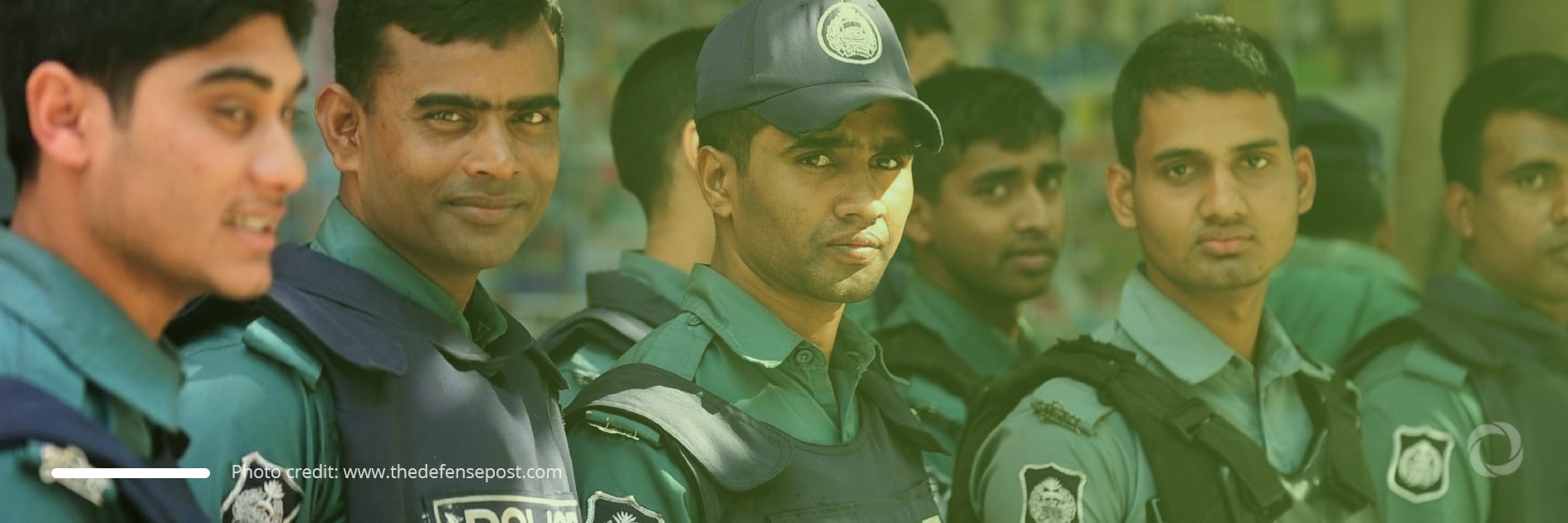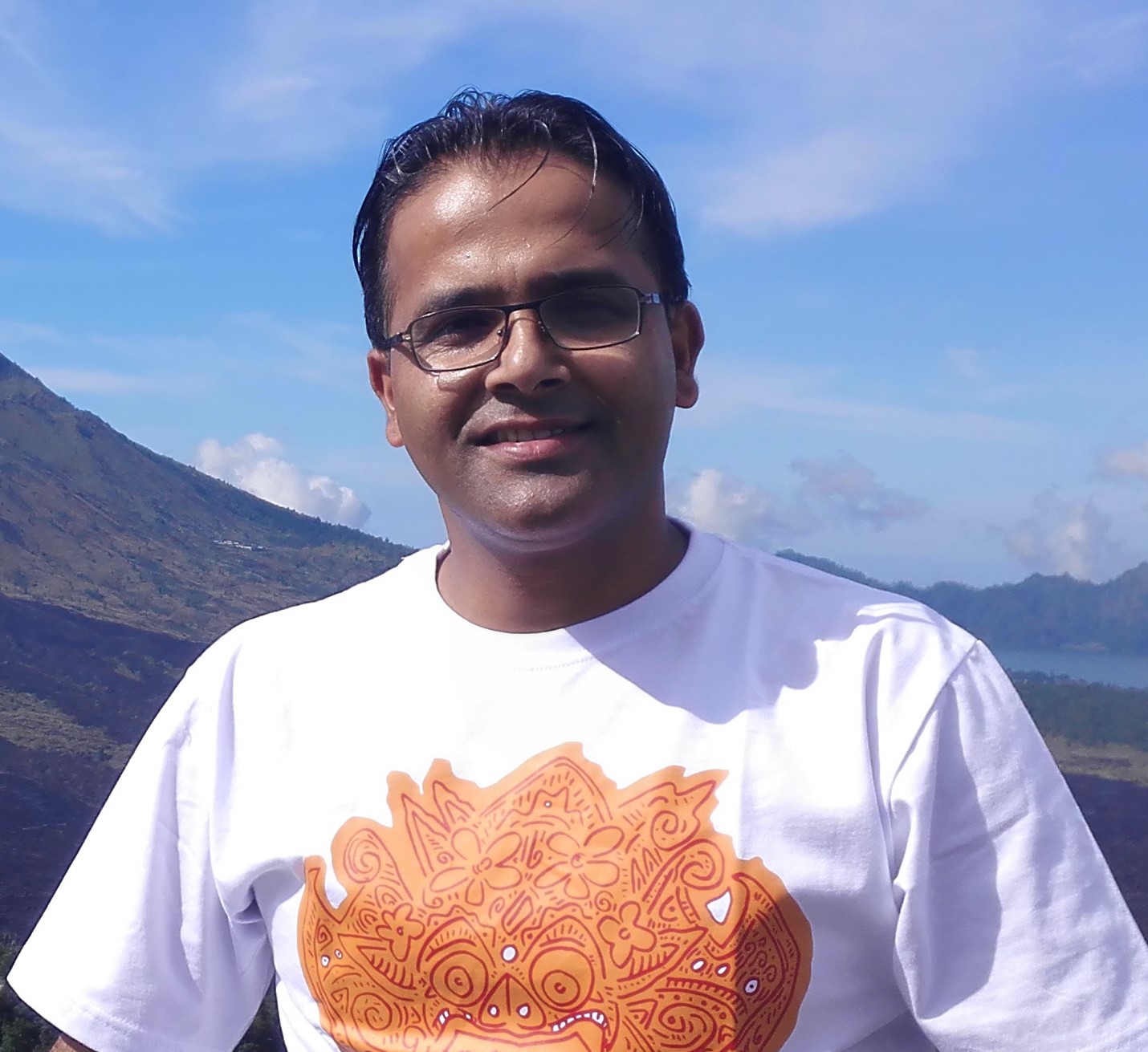As the Bangladesh government has repeatedly denied involvement in the enforced disappearance of hundreds of people, international human rights organizations have called for increased scrutiny from the United Nations (UN). Issuing a statement on August 30, Human Rights Watch (HRW), Robert F. Kennedy Human Rights (RFKHR), and the Asian Human Rights Commission (AHRC) stated that the Bangladeshi authorities have taken no steps to investigate the whereabouts of hundreds of activists, critics and members of the opposition.
Under international law, enforced disappearances are defined as the arrest or detention of a person by state officials or their agents followed by a refusal to acknowledge the deprivation of liberty or to reveal the person’s fate or whereabouts. HRW records show that between January 1 2009 and July 31 2020 nearly 600 people were forcibly disappeared by security forces and law enforcement agencies in Bangladesh.
“The UN should apply increased scrutiny to its relationship with Bangladesh security forces, and should not allow leaders involved in grave violations the honor of serving under the UN flag. Also, concerned foreign governments should impose targeted sanctions against top security force commanders implicated in enforced disappearances and other grave abuses,” the joint statement reads.
Stating that the Bangladesh government has shown no interest in investigating the role of its security forces in hundreds of enforced disappearances, Brad Adams, Asia director at HRW, commented:
“The government should act to ensure that the Bangladesh security officials responsible face sanctions on their international travel, overseas assets and use of international financial services.”
Angelita Baeyens, Vice President of international advocacy and litigation at RFKHR, has urged that the Bangladesh security forces implicated in grave violations should not be deployed to United Nations peacekeeping missions abroad.
“The UN Secretary-General should ramp up screening of those deployed by the UN to ensure its human rights screening policy is being effectively applied for those put forward by Bangladesh,” she commented.
Likewise, Mohammad Ashrafuzzaman, Liaison Officer at the AHRC, said that many families of the victims of enforced disappearances in Bangladesh feel helpless in the face of the Bangladesh authorities’ repeated denials. The world should act and use the tools at its disposal to spur accountability and stop this abuse from continuing, he added.
Meanwhile, on August 31, HRW briefed the US congressional Tom Lantos Human Rights Commission on measures that the US government should take to press Bangladesh to end enforced disappearances and other serious abuse carried out by its security forces.
Countries such as the United States, the United Kingdom, the European Union, Canada, and Australia have laws that authorize governments to impose sanctions on human rights abusers and prohibit visas or entry, seize assets, and block access to banking and other financial services.


